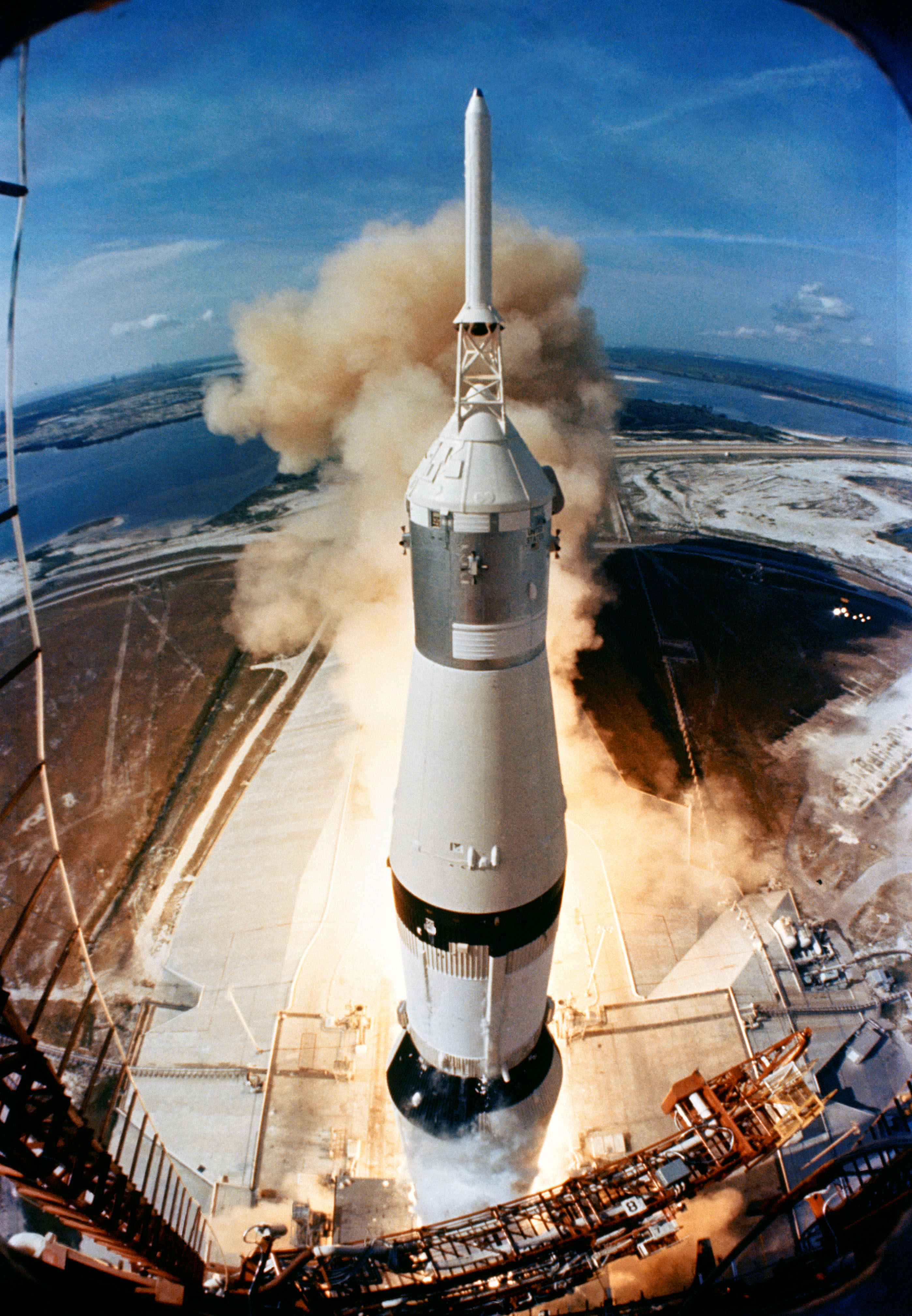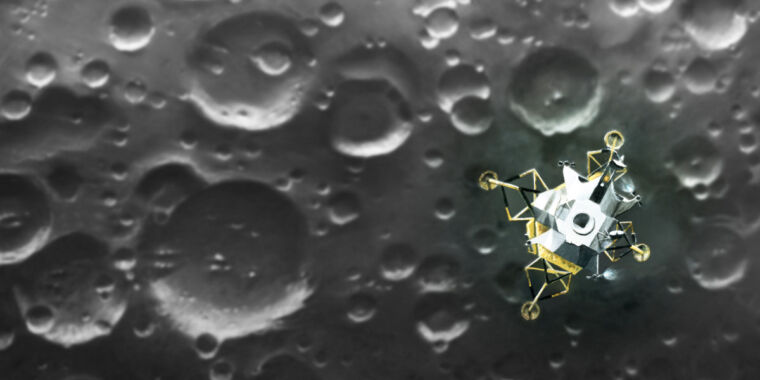

Intuitive Machines, a Houston-based company, achieved a major milestone by successfully landing the first commercial US spacecraft on the moon. The spacecraft, called Nova-C lunar lander, touched down on the lunar surface on February 23, 2024, marking the first time in over 50 years that a US spacecraft has landed on the moon. This historic achievement was made possible through a collaboration between Intuitive Machines, NASA, and other private companies. The successful landing of the Nova-C lunar lander highlights the growing trend of NASA partnering with commercial entities for space exploration missions.
However, shortly after the successful landing, Intuitive Machines faced a setback as their moon landing aircraft, named Odyssey, overturned. The aircraft rolled down moments after touching the surface of the moon. Despite the setback, the company stated that the aircraft was still functional and engineers were sending orders to it. NASA officials praised the effort, as the landing marked the first controlled drop to the lunar surface by a US aircraft since Apollo 17 in 1972.
The news of the overturned aircraft had a significant impact on Intuitive Machines' stock performance. Shares of the company fell by 30% in post-hour trading following the incident. The company's stock market value had reached close to $1 billion, and it had spent about $100 million to develop the Odyssey lander. Intuitive Machines has received $118 million in funding from NASA. It is worth noting that only 18% of the company's shares are available for trading, with the majority owned by insiders and large investors.
Despite the share drop, the successful landing of the Nova-C lunar lander still holds significant implications for the space industry. The achievement opens up new possibilities for lunar missions and reinforces the goal of establishing a sustainable human presence on the moon. The landing could also potentially open doors to investment and government contracts for space companies. Other space startup companies, such as Astra Space and Satelllogic, saw their stocks fall between 0.5% to 2.8% in post-hour trading.
Intuitive Machines' moon landing aircraft overturning highlights the challenges and risks involved in space exploration, but it also underscores the resilience and determination of companies in the industry. Despite the setback, the company remains committed to advancing space exploration and contributing to the goal of establishing a sustainable human presence on the moon.
In other news, a retired software engineer named Martin C. Martin recently discovered a bug in the physics code of the original Lunar Lander computer game, created by high school student Jim Storer in 1969. The bug, a missing 'divide by two' in the landing algorithm, caused the game to incorrectly report that the lander had missed the Moon's surface. Despite the bug, Martin was impressed by the advanced mathematical concepts incorporated into the game by Storer. The bug went unnoticed for nearly 55 years until Martin's recent discovery [904c7112].
On July 16, 1969, NASA's Apollo 11 spacecraft launched from Kennedy Space Center in Florida. Astronauts Neil Armstrong, Michael Collins, and Buzz Aldrin were aboard. The primary mission objective was to perform a crewed lunar landing and return safely to Earth before the end of the decade. Additional objectives included scientific exploration, deployment of equipment, and gathering samples of lunar-surface materials. The astronauts were also tasked with extensively photographing the lunar terrain and each other. The launch can be experienced through a countdown video on NASA's website.